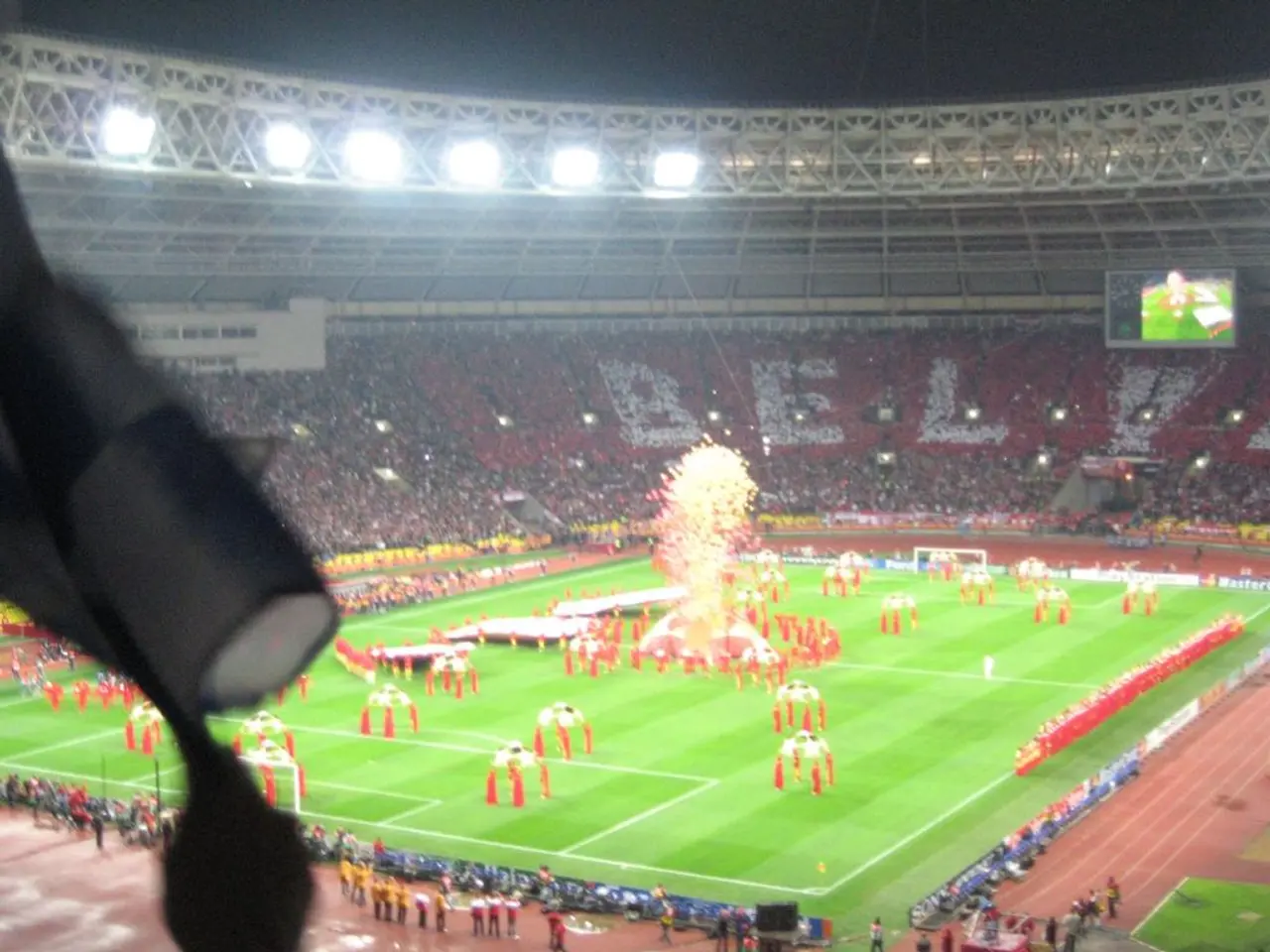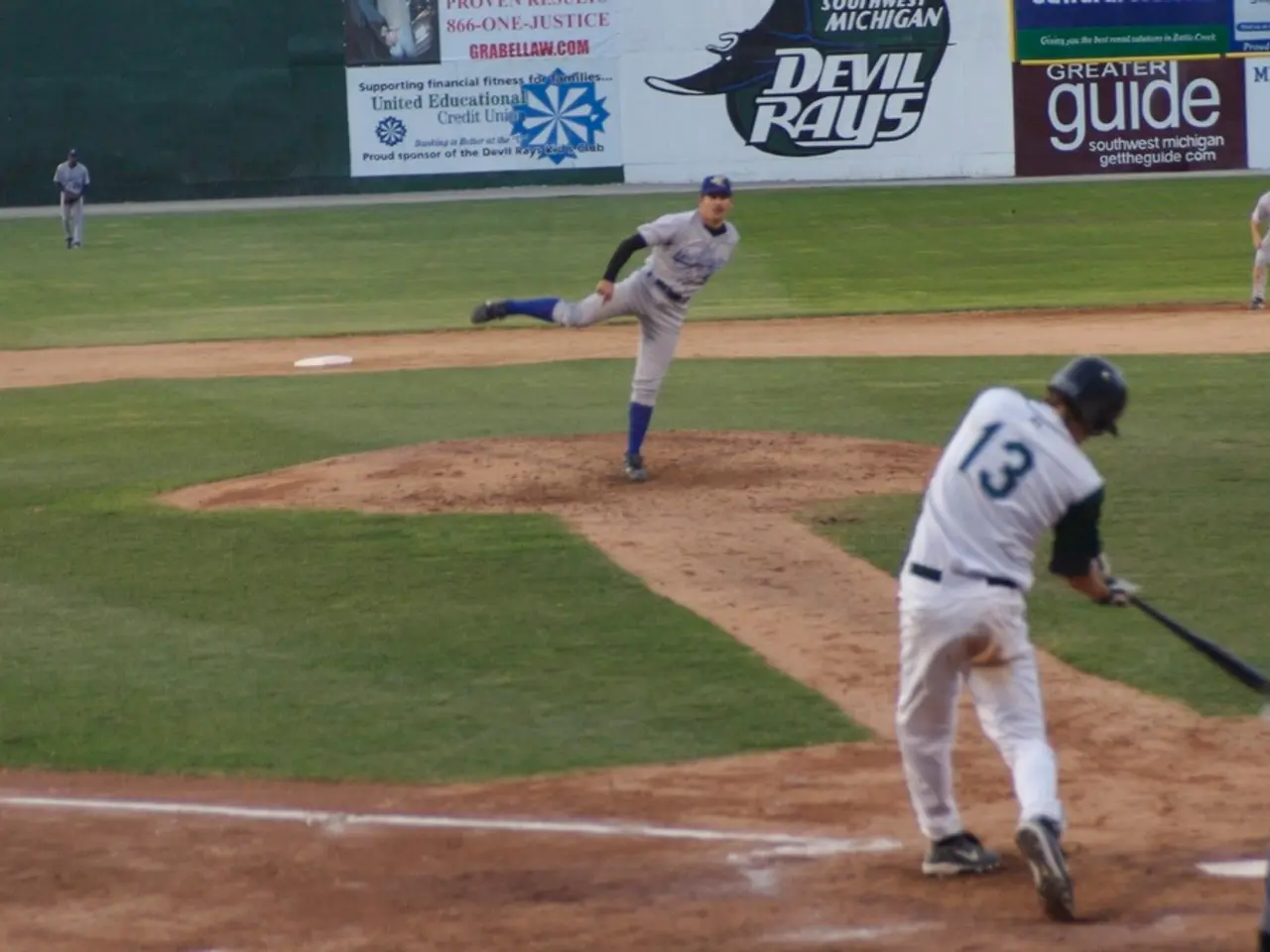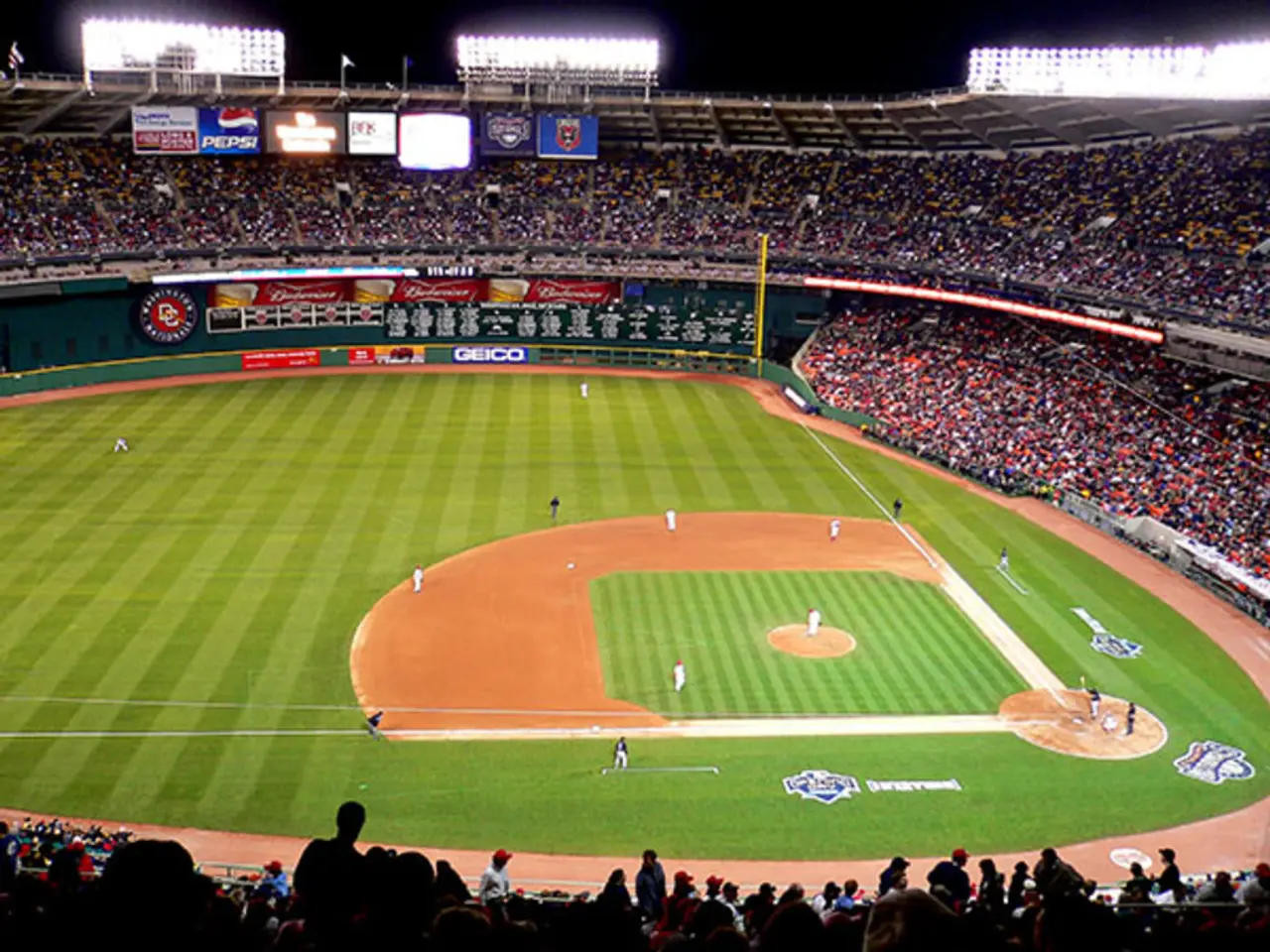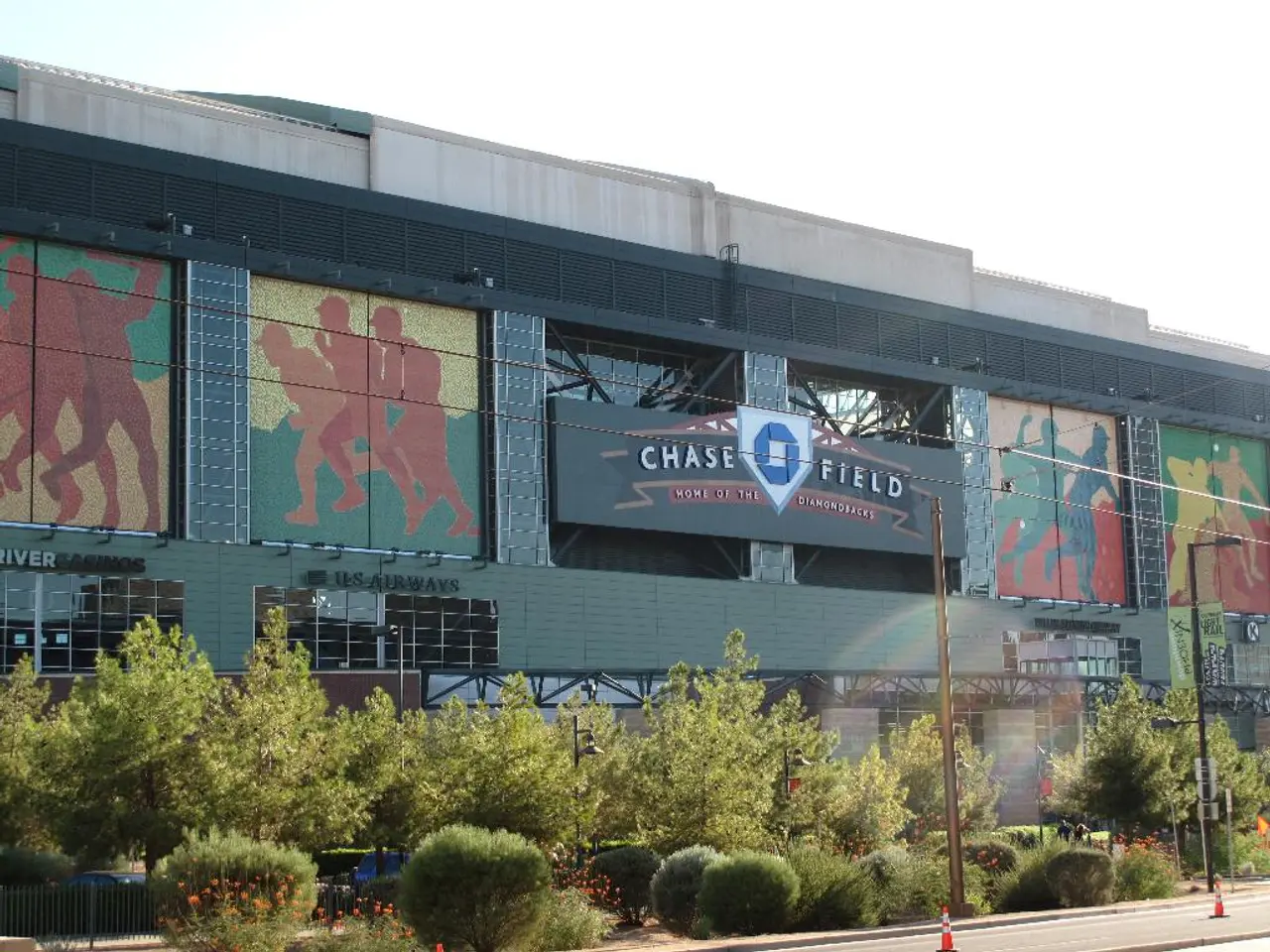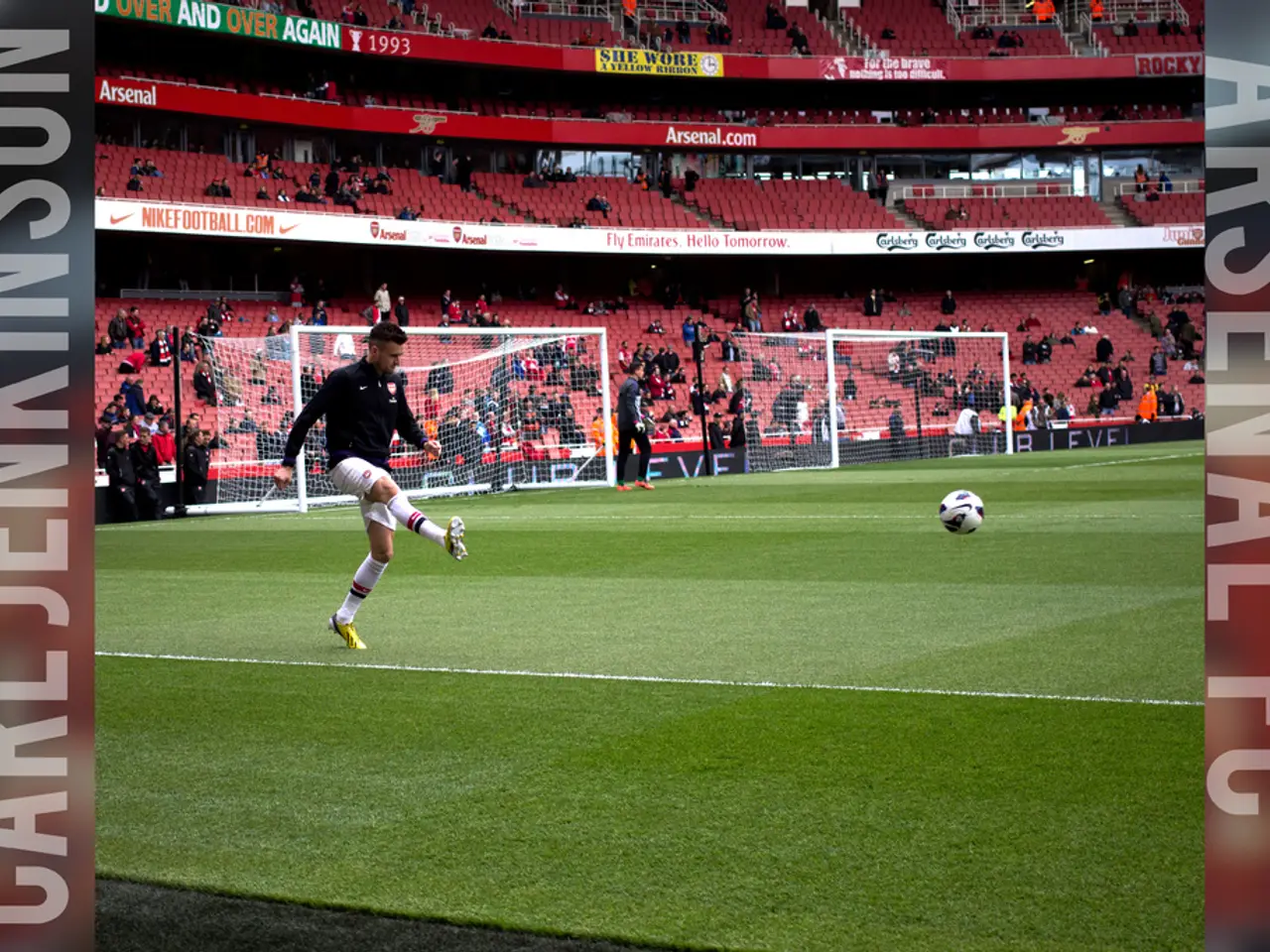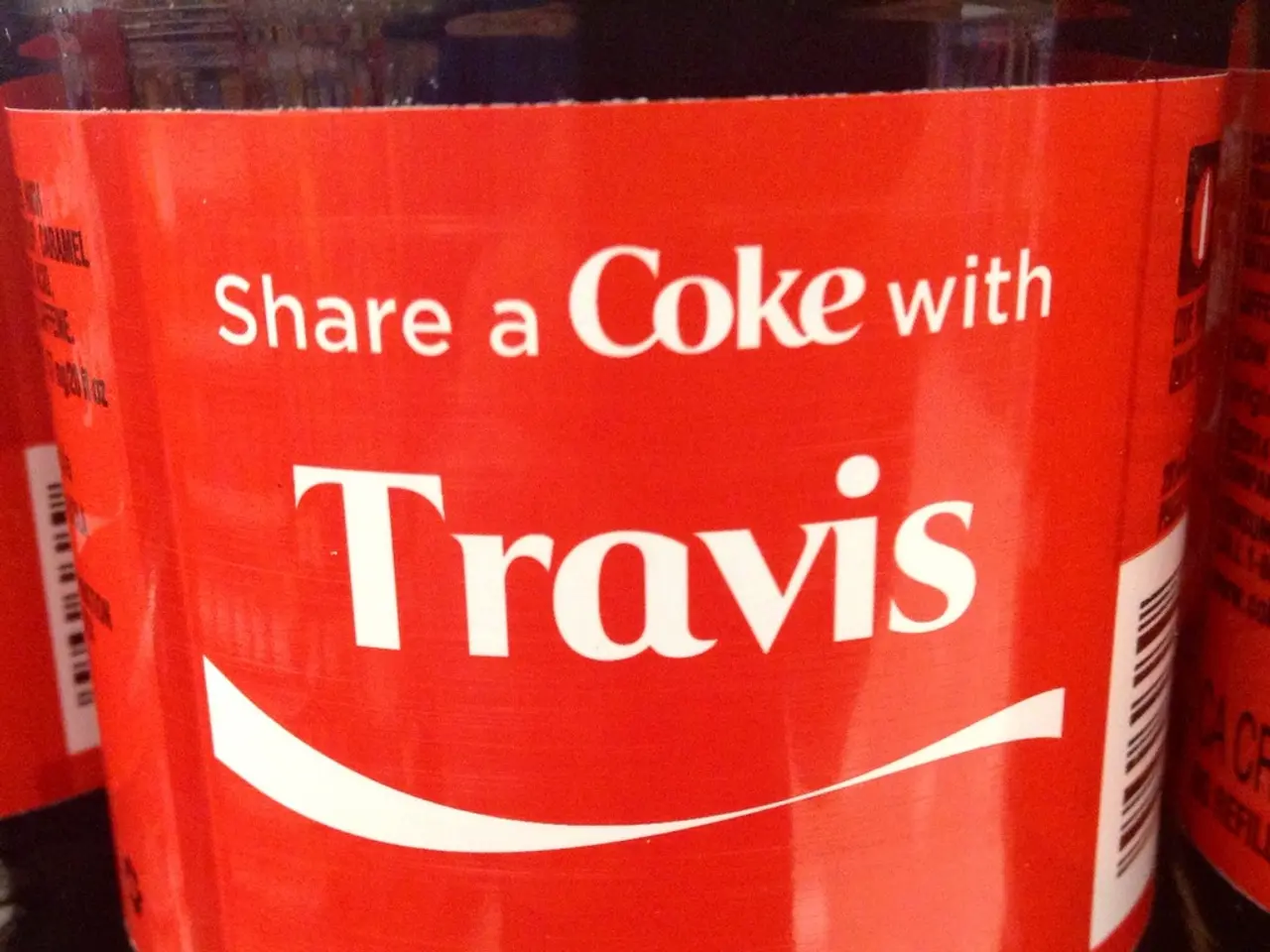NFL player George Kittle deeply troubled by the sanction of smelling salts
NFL Bans Smelling Salts: Players Seek Alternatives
The National Football League (NFL) has banned the use of smelling salts during games, citing safety concerns and potential effects on concussion diagnosis. The ban, which took effect this season, follows a 2024 FDA warning about commercially available ammonia inhalants (AIs), highlighting their potential negative effects and lack of evidence supporting their safety or efficacy in improving mental alertness or boosting energy.
San Francisco 49ers tight end George Kittle is among those expressing frustration with the ban. During an interview at training camp, Kittle voiced his concerns, joking that the ban made him consider retiring. Kittle, who has been using smelling salts for a boost of energy, stated that he uses them "on every drive." He is not alone, as other NFL players and athletes in sports like ice hockey also regularly use smelling salts.
The NFL's Head, Neck, and Spine Committee recommended prohibiting ammonia inhalants for any purpose during play, including pregame and halftime, on sideline or locker room settings. The prohibition applies to both the field and the locker room. The league's memo on this matter forbids teams or any club personnel from providing smelling salts or similar ammonia products in any form during NFL games.
Despite the ban, some discussions suggest that players may still use their own ammonia inhalants privately. However, no specific official alternatives have been widely publicized by the NFL yet. Teams and players are now searching for other legal and safer methods of maintaining alertness and readiness during games that do not carry concussion risks or regulatory bans.
The NFL's ban on smelling salts is primarily due to the potential for these substances to mask certain neurological signs and symptoms, including potential signs of concussion. The FDA has warned companies producing AIs and consumers about these risks, emphasizing that the use of smelling salts could hide neurological symptoms important for concussion diagnosis.
Kittle, along with other players, hopes for a middle ground regarding the smelling salts ban. As the season progresses, it will be interesting to see how players and teams adapt to this new rule and whether the NFL will consider alternatives or revisions to the current ban.
- The ban on smelling salts in the NFL has prompted some players, such as George Kittle, to search for alternatives in sports analysis, as the substances were often used for a quick energy boost during games.
- Despite the NFL's prohibition on smelling salts, there are ongoing discussions about whether players might still use private stocks of the ammonia inhalants, a practice that could potentially bypass the league's regulations.
- As the NFL and team personnel explore legal and safer methods to maintain player alertness and readiness during games, sports like American football and ice hockey continue to face the challenge of finding alternatives that do not carry concussion risks or regulatory bans.
- Through sports-analysis and critical discussions, it will be indicative of how the NFL and its players will acclimate to this new rule, whether they will find alternative methods, and if the NFL will reconsider their stance on smelling salts during the course of the season.

